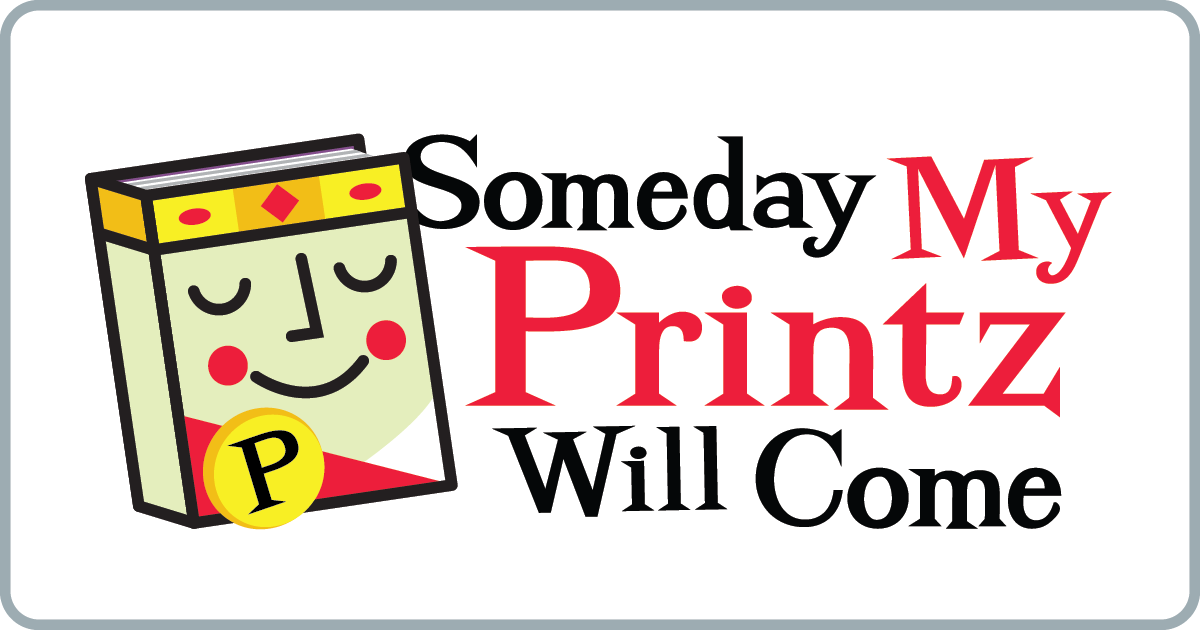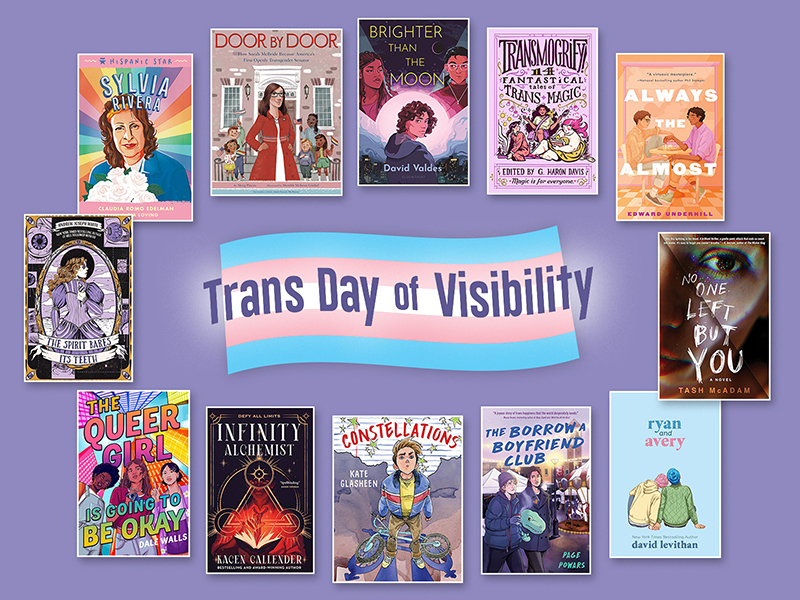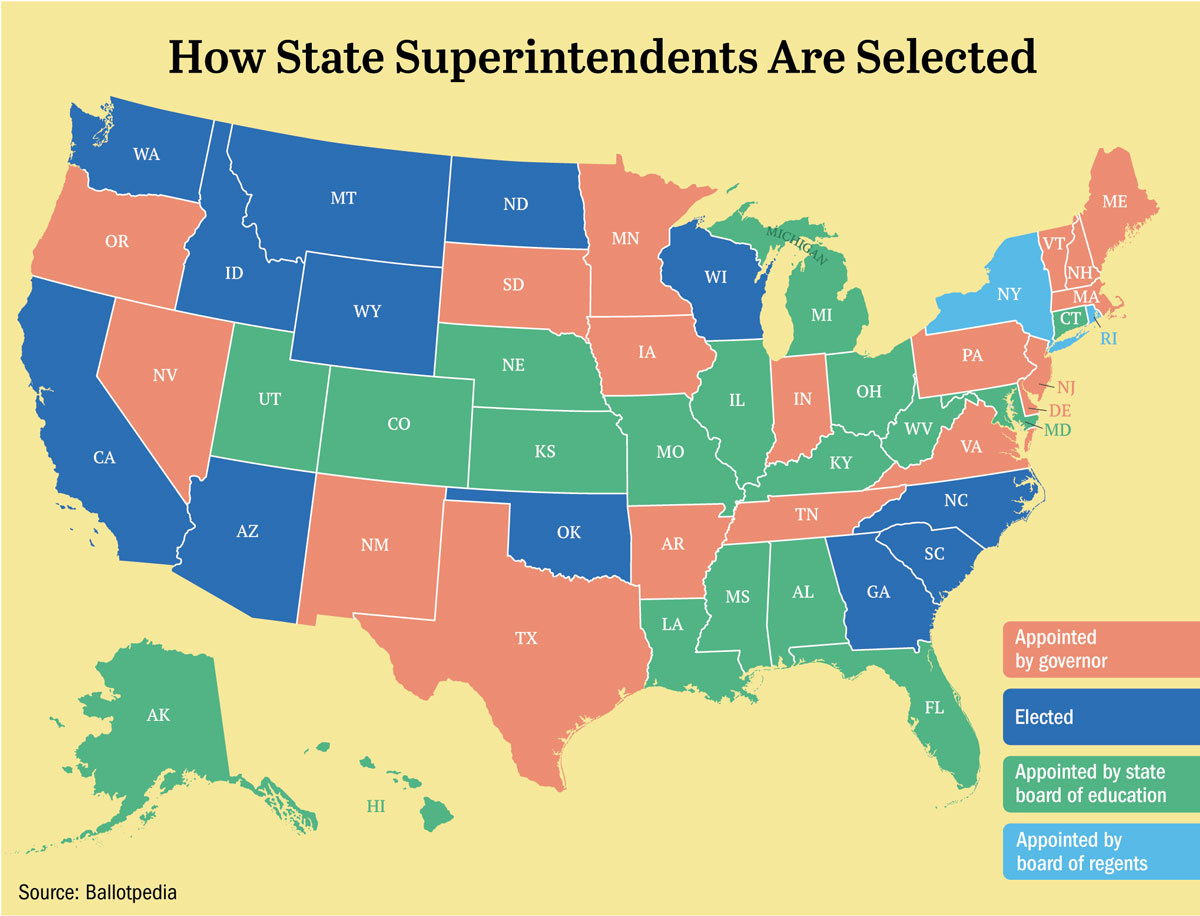SCROLL DOWN TO READ THE POST
More Roundup (Debut Style!)
 Amelia Anne Is Dead and Gone, Kat Rosenfield
Amelia Anne Is Dead and Gone, Kat Rosenfield
Dutton, May 2012
Reviewed from ARC
Buzz and anticipation, impressive writing, and a whole that ends up not quite hitting it out of the park — haven’t we heard this story before?
Amelia Anne Is Dead and Gone has some really magnificent sentence level writing. Some of the best out there this year, even, although on occasion it’s almost too much. It’s yet another potential Morris contender, too, and — as with so many of the books that have crossover eligibility for the Morris — it probably has a better chance there, because it’s a great debut.
But it doesn’t quite stand up in the larger Printz field. The primary here issue is one of narrative voice; who is speaking? There is a disconnect between the gorgeous writing, the material being discussed, and the first person narrative that adds up to holes. And of course there is the fact that Becca is narrating Amelia Anne’s story with absolute assurance, with a maturity that isn’t hers; the writer’s voice filters through the narrator’s voice. I want more from this writer, and I was interested in the narrator’s story, but I never ever believed they were the same person. I felt the disconnect, the moment of needing to reorient myself as a reader, in every chapter. There might be an element of the personal there; would another reader like that effect? Possibly, but I think the voice not matching the narrator remains problematic. Admittedly, the final chapter makes it clear that this is narrated from a far future moment, with an elegiac, backwards looking shape, and maybe that makes it all hang together, but a book that needs that much excusing falls out of the shortlist for me given the number of polished titles we have in the field.
ADVERTISEMENT
ADVERTISEMENT
There are other elements I could point to, both as pros and cons; the provocative parallels drawn between the two girls (culminating in Becca’s statement that “One girl lost forever to this stagnant place was enough”) are certainly interesting, although problematic; they are not the same. But you could have a field day dissecting the way Becca’s head works that she sees herself in Amelia Anne; that the murder of a stranger eats her up. Of course, the fact that the murder is in fact deeply tied to her life makes the parallels more tangible than metaphorical, and I’m not sure that’s a positive in a Printz conversation. Still, there is a lot to recommend this in the smaller field of debuts. As far as Printz consideration goes, I’m just sitting tight waiting for Rosenfield’s sophomore effort.
I imagine members of the RealCommittee probably gave this a close read, though, because that writing. You probably should too.
 Me and Earl and the Dying Girl, Jesse Andrews
Me and Earl and the Dying Girl, Jesse Andrews
Amulet Books, March 2012
Reviewed from ARC
On the other end of the spectrum, we have a first quarter book (and another debut!) we still haven’t covered. Mostly, I was waiting for either of my copies to get back to me, and… that still hasn’t happened.
Me and Earl and the Dying Girl deserves mention this year just for being the other not-a-cancer-book. It’s flawed, but I loved it, and although it seems it hasn’t stayed on the buzz list after all, it was there earlier in the year and I wanted to take a minute to give it a nod.
Because this is great raunchy, tender, unexpected stuff. This is a boy book, by which I don’t mean the audience but the character; Greg and Earl are boys. It was a fly on the wall experience; I was in their space, their energy, as I read this, and I loved it. The genuine, appealing voice is a great strength here, one that has stuck with me for months.
Also? Funny. Really, unexpectedly funny. I’m giving it to my Vizzini fans and readers who have outgrown Jordan Sonnenblick, and it’s perfect for them. Sure, there are pacing issues, there are lots of different styles and narrative devices to the point of possibly overwhelming narrative flow, and sometimes the jokes fall flatter than they should. This is probably not a serious contenda, I realize, but if you haven’t already fulfilled your cancer book quota for the year, add this one to the pile (after you work your way through the Pyrite picks).
Also also, I love the cover design. Not at all pertinent, but I think there is not enough love lavished on book jacket art, especially in YA, except for our endless love for poufy dresses, so I wanted to give the designer props. And actually, the Amelia Anne designer also gets props.
 Above, Leah Bobet
Above, Leah Bobet
Arthur A. Levine, May 2012
Reviewed from ARC
Finally, debut number 3, a book that has come up a few times in comments: Leah Bobet’s Above. This is an unusual and intriguing take on the underground society trope, a trope I thought was played out. But Bobet managed to find something new to say, and she says it well.
Despite that, this didn’t quite work for me, but I can absolutely see why there are those for whom this is a top contenda.
The language is unique and almost melodic. I enjoyed reading it for the rhythm, and I love that Matthew/Teller, one who tells tales, is an unreliable narrator; indeed, by the end it turns out that his unreliability is a major propulsion of the action.
ADVERTISEMENT
ADVERTISEMENT
But the language is also implicated in the thing that knocks this down my list: the world building. As far as the language goes, it sounds like language that has filtered through a closed society; the dialect is its own entity, with words (Safe, Above, Sick, Freak) that are the words of this group. But Matthew, a teen, is the only child born into that world; Safe is a new community. When did the language evolve? That’s one aspect; the world as a whole is sketched in with light strokes, grounded mostly in Matthew’s limited understanding, and seems to be a science fictional world — the whitecoats, the idea of Sick or Freak, of mutation and otherness: these are all science fiction tropes, as is the underground society. But it plays more like magic; the occupants of Safe have powers that don’t make sense (especially Corner and Ariel, who can change her mass when she shifts form), scientifically speaking. For readability, these are small enough quibbles, but dig deep into the literary qualities and this illogic struck me as problematic.
On the plus side, Above is ultimately a meditation on love and belonging, and on the risks and sacrifices we make for love, and it explores its thematic material very well indeed.
I’m sort of tempted to go on, not about Above but covering debuts; this is a great year to be a Morris Committee member! With so very many debuts (you can find a list of a lot of them on the Apocalypsies site, and there’s also a huge 2012 debut list on Goodreads), what I’ve read only amounts to a handful, but it’s telling how many debut titles crossed over to the contenda list. It’s a lot of new talent to watch going forward.
So what’s your favorite debut, and how does it compare to your favorite by an old hand at this authoring business? Where does it fall in the 2012 spectrum? And does anyone else have a perfect Morris shortlist in mind already? I’m thinking about mine…
Filed under: Contenders, Fiction
About Karyn Silverman
Karyn Silverman is the High School Librarian and Educational Technology Department Chair at LREI, Little Red School House & Elisabeth Irwin High School (say that ten times fast!). Karyn has served on YALSA’s Quick Picks and Best Books committees and was a member of the 2009 Printz committee. She has reviewed for Kirkus and School Library Journal. She has a lot of opinions about almost everything, as long as all the things are books. Said opinions do not reflect the attitudes or opinions of SLJ, LREI, YALSA or any other institutions with which she is affiliated. Find her on Twitter @InfoWitch or e-mail her at karynsilverman at gmail dot com.
ADVERTISEMENT
SLJ Blog Network
The Moral Dilemma of THE MONSTER AT THE END OF THIS BOOK
Cover Reveal and Q&A: The One and Only Googoosh with Azadeh Westergaard
K is in Trouble | Review
A Reading Community: A Love Letter to Local Independent Bookstores, a guest post by Heather Del Piano
The Classroom Bookshelf is Moving
ADVERTISEMENT
ADVERTISEMENT







